We had the pleasure of talking with Sierralyn Cadima, who struggles with generalized anxiety disorder and Anorexia Nervosa. Here, she talks about the steps she has taken to overcome both and her outlook on mental health.
1. When were you first diagnosed with generalized anxiety disorder?
Early 2014 when I started seeing a therapist after my Papa (grandfather) died.
2. What steps have you taken to help your anxiety?
CBT (Cognitive Behavioral Therapy) and DBT (Dialectical Behavioral Therapy), essential oils, therapy, 4-7-8 breathing technique, fidget tools like Crazy Aaron’s Thinking Putty and stress balls, positive affirmations, and I also take a daily medication called Zoloft.
3. When were you diagnosed with Anorexia Nervosa?
July 1st, 2015. I’ll never forget it.
4. Have you done therapy for your eating disorder? If so, how has it helped and what have you learned?
During my stay at Hasbro Children’s Hospital I spoke to a psychiatrist a few times. Then I spent a month at Cambridge Eating Disorder Center (both of these places are in Massachusetts, for those wondering), where I engaged in multiple group therapy sessions five days a week and the option of speaking to a Residential Counselor at any time.
5. What steps have you taken to help your eating disorder?
Hasbro, CEDC, counselling for about a year after, biweekly visits to the Nutritionist, weekly visits to the pediatrician for weigh-ins, and being eased back into being comfortable around food and in the kitchen.
6. How important is it to have a support system when dealing with mental health issues?
My support team is amazing. My family has always been unendingly compassionate, passionate, and loving throughout my journey and my life. My boyfriend is a more recent addition to my support team, and he can tell when I need to talk, step away, or be reminded to breathe.
7. What do you wish others knew about anxiety?
Anxiety is more than just being nervous, and you can’t just turn it off.
8. What do you wish others knew about anorexia nervosa?
Eating disorders aren’t only about food and body image; there is often deep-seated trauma and/or the feeling that one’s life is spiralling so out of control that you subconsciously grab onto whatever you do have control of.
9. If you could change how mental illness is seen, what would you do?
Mental illnesses can be debilitating. They don’t discriminate. You could have the best life and still have a mental illness.
10. What advice would you give to anyone who is currently suffering from anxiety or an eating disorder?
Don’t give up. You’re not broken. Breathe. You will get through this. Life won’t always feel as suffocating as it might right now. You’re worthy. I’m glad you’re here.


